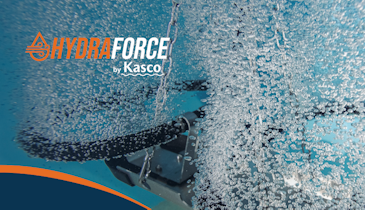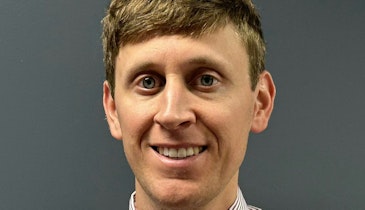
With a staff of only two, you would think an organization responsible for training all wastewater treatment plant operators in a state would be stretched beyond the breaking point.
That is not the case in Maine, where the Joint Environmental Training Coordinating Committee (JETCC)...





